Preparing for your interview
Some ideas to assist in your preparations for the interview.
Do your homework well in advance and have a real sense of the facts and figures of the job / role you are going for. The panel will be interested to know you have done your research. But don’t get bogged down in detail. Take some time to look at the candidate information document and the school website for key documents, such as the strategic plan/research plan and Annual Reports.
In your own mind, prepare a definition of what this role is and what you would do in the role.
Ensure you get the timing right. It is critical that you do not go overtime with your responses as this can make members of the committee uncomfortable about your capacity to work to deadlines.
In answering any question at an interview, you have to remember that the panel members have read your CV and know about you. The panel members are looking and listening for how you would perform in their job not in some job you presently hold or previously held. Even if they ask a question which is aimed at your previous experience, make sure that you answer it and turn the answer towards how that experience would translate into the new position.
Always answer the question directly preferably in the first two sentences of your response. Then elaborate to show you get the nuances. And if appropriate, endeavour to engage the committee in a conversation.
Look at the body language of the panel. Try not to let them get bored. Keep your own energy level matched to the level of the Chair of the panel.
Remember the three or four things about yourself that make you the ideal candidate for the role and as you answer the question underline those aspects using adverbs and adjectives related to those qualities.
Big picture is good. Senior level roles have a strong component of the strategic. Make sure that the balance of your response is tipped towards that.
At the end of the interview you may be asked if you have any questions for the panel. It is ok to say ‘no’ if you don’t have any particular questions that you want answered at that time. You can always circle back to me if there is something that you didn’t ask during the interview.
Finally, enjoy yourself. The best interviews are those in which the candidate engages well with the committee. They are wanting to know a little more about you, and you will want to get a good feel of how you would work with them in the role.
